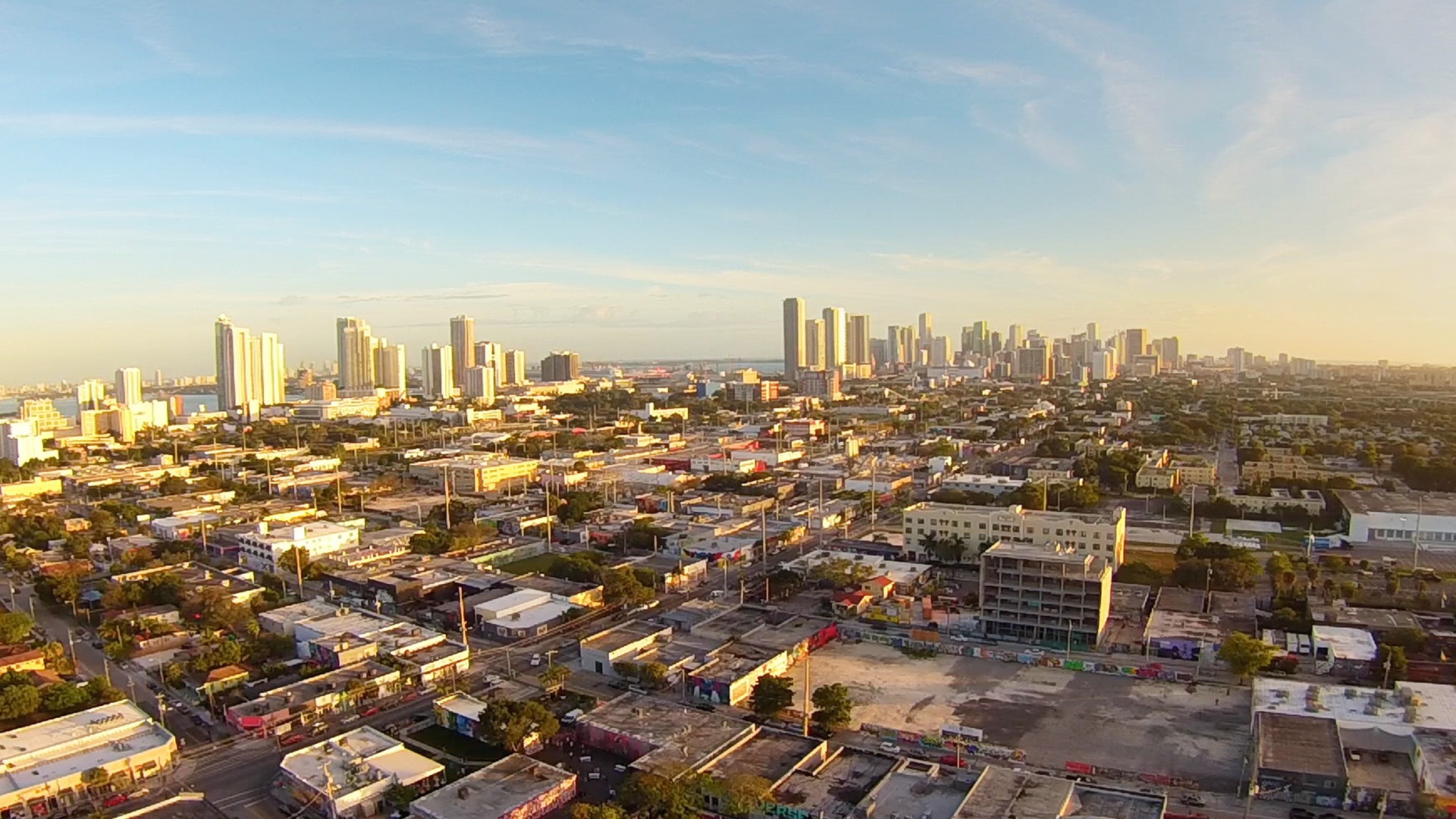Indigenous peoples and people of color are disproportionately affected by our global climate crisis. But in the mainstream green movement and in the media, they are often forgotten or excluded. This is Tipping Point, a new VICE series that covers environmental justice stories about and, where possible, written by people in the communities experiencing the stark reality of our changing planet.
Nikitina Irina Alexandrovna is from the Siberian town of Kiselyovsk, where inky black snow, a toxic byproduct of coal mining, has rendered it a nightmare-scape. Industrial waste covers homes, schools, and vehicles in a shroud of contaminated dust. The miasma of pollution is so pervasive that locals find it coming out of their mouths.
Nikitina Irina Alexandrovna is from the Siberian town of Kiselyovsk, where inky black snow, a toxic byproduct of coal mining, has rendered it a nightmare-scape. Industrial waste covers homes, schools, and vehicles in a shroud of contaminated dust. The miasma of pollution is so pervasive that locals find it coming out of their mouths.
Advertisement
Now, more than a dozen Kiselyovsk residents, including Alexandrovna, are asking Canadian Prime Minister Justin Trudeau to accept them as environmental refugees, as CBC News first reported.“In this moment in Russia, there is a region where a terrible ecological situation has developed,” said Alexandrovna in June in a YouTube video that conveyed their request. “Open-pit coal mining led to this ecological catastrophe […] when the whole world talked about our black snow.”The town’s conditions became national news in February when footage of darkened snowdrifts and dirty icicles spread on Russian television that described the scenes as “post-apocalyptic.” In July, Pussy Riot, the Russian feminist punk group, released a track called “Black Snow”. The acid rain hasn’t fucking stopped since last year / my eyes are being corroded, its bleak lyrics go, speaking to “intolerable living conditions” that member Nadya Tolokonnikova condemned in an open letter to Russian President Vladimir Putin.The YouTube video shows mostly women standing outdoors, taking turns to read harrowing testimonials from sheets of paper. Their voices are muffled by the wind and some have brought their children. At one point, Alexandrovna matter-of-factly compares Kiselyovsk to a gas chamber.“We were gasping in the city from coal, exhausting our children almost all winter,” said resident Uliya Gennadievna Vitzenko in the video, which was posted by a Russian YouTube channel that documents life in Kiselyovsk.
Advertisement

The Kiselyovsk group, meanwhile, seems to straddle several definitions. Ecologically, coal mining has destroyed the town, but is not necessarily a symptom of climate change. Still, their circumstances exemplify the Gordian knot that is today’s climate crisis, and you can see how victims of fossil fuel corruption are kindred with those harmed by its environmental effects.“It seems to me that [they are] really a mixture of development-induced displacement and environmental displacement,” Elizabeth Ferris, a research professor at Georgetown University’s Institute for the Study of International Migration, told VICE. “Both groups are considered to be ‘internally displaced persons.’”
Advertisement
“There may be a creative argument in the future [for expanding the definition of ‘refugee’] but certainly this coal-mining incident is not that test case,” said Raj Sharma, an immigration lawyer in Calgary. Rather, “it is a harbinger of things to come.”Kiselyovsk, a town of 90,000 people, sits firmly within “the coal heart of Russia,” a region called Kuzbass. Its subterranean veins contain an estimated 725 billion tons of coal that have been exploited since the Soviet era, and today Kuzbass yields 60 percent of Russia’s supply, according to a 2015 report by Kaliningrad-based environmental group Ecodefense.Residents say this appetite has cost Kuzbass its health and safety. “Our areas have high incidents of disease,” remarked one woman, a mother of four, who remained nameless in the YouTube video.According to Ecodefense, people in Kuzbass overwhelmingly die young. When compared to national averages, they present with higher rates of 15 types of cancer, tuberculosis, and newborn congenital malformations. Kiselyovsk was among five towns in Kuzbass with the worst air quality according to the UN Development Programme. At the time, it found the region’s drinking water contaminated with metals, and its food laced with “excessive concentrations” of lead, cadmium, mercury, and arsenic.“Our government forgives other countries’ big debts,” said Alexandrovna in the video. “[It has] forgotten that we were also people and children who are alive. We did nothing bad to anyone, so why do we live in such unbearable conditions?”
Advertisement
The sickening of Kuzbass is the product of open-pit mining which extracts coal from surface trenches as opposed to underground tunnels. It accounts for 70 to 80 percent of coal mining operations in the region, according to a 2018 report by the environmental justice group Fern and the Coal Action Network.Today, 80 percent of Kuzbass lives next to a mining project, Ecodefense estimates. And the coal industry has been slow to modernize. Change is even undermined by officials who wish to conceal the problem—literally so in 2018 when Russian authorities painted over black snow in the town of Mysky.“Hundreds of thousands are affected by coal mining as they are living very close to mines where people shouldn’t really live,” said Vladimir Slivyak, co-chairman of Ecodefense. “It is not safe to speak up, so people from Kiselyovsk made an extraordinary move to attract attention to their situation [by asking to become refugees].”More appeals from Kiselyovsk have since been posted to YouTube. One directly asked Putin for help. The group said that Canada, with its “snow, cold, almost wild nature,” is an ideal new home—not paradise, but a place that reminds them of what they might someday leave behind.When contacted about the first video, a spokesperson for Trudeau said in an email that “it would be inappropriate to comment on a specific case.”The Kiselyovsk group said they sent a letter to the Canadian Embassy in Moscow, as first reported by CBC News. The embassy confirmed to VICE in an email that it responded, but “does not disclose correspondence.”
Advertisement
To begin the resettlement process, the Kiselyovsk residents must apply through a referral agency such as the UN High Commissioner for Refugees—but cannot seek to become refugees while remaining in their home country.Practically speaking though, it is unclear whether the Siberians stand a chance at becoming refugees, migrants, or even internally displaced persons.“The challenge for Canada is that our refugee policies don’t recognize climate-induced displacement as a valid basis to seek protection, [with few exceptions],” said Sharry Aiken, a law professor at Queen’s University who has argued refugee cases before Canada’s supreme court. “There is no question that our laws and policies will need to adapt to this new reality.”A 2010 report by Canada’s federal government forecasted this reality, stating that it has the opportunity “to plan an orderly and effective response to the coming crisis.”However, any progress must reckon with the UN Refugee Agency’s argument that climate change victims are mostly disqualified from becoming refugees as it “typically creates internal displacement before it reaches a level where it displaces people across borders.”“We are people, and we have kids, and we just want to simply live,” pleaded one Kiselyovsk resident, Tatiana. “We can be useful for Canada, as Russia has simply forgotten us.”Dane Maximov contributed translations to this story.Follow Sarah Emerson on Twitter.Have a story for Tipping Point? Email TippingPoint@vice.com
